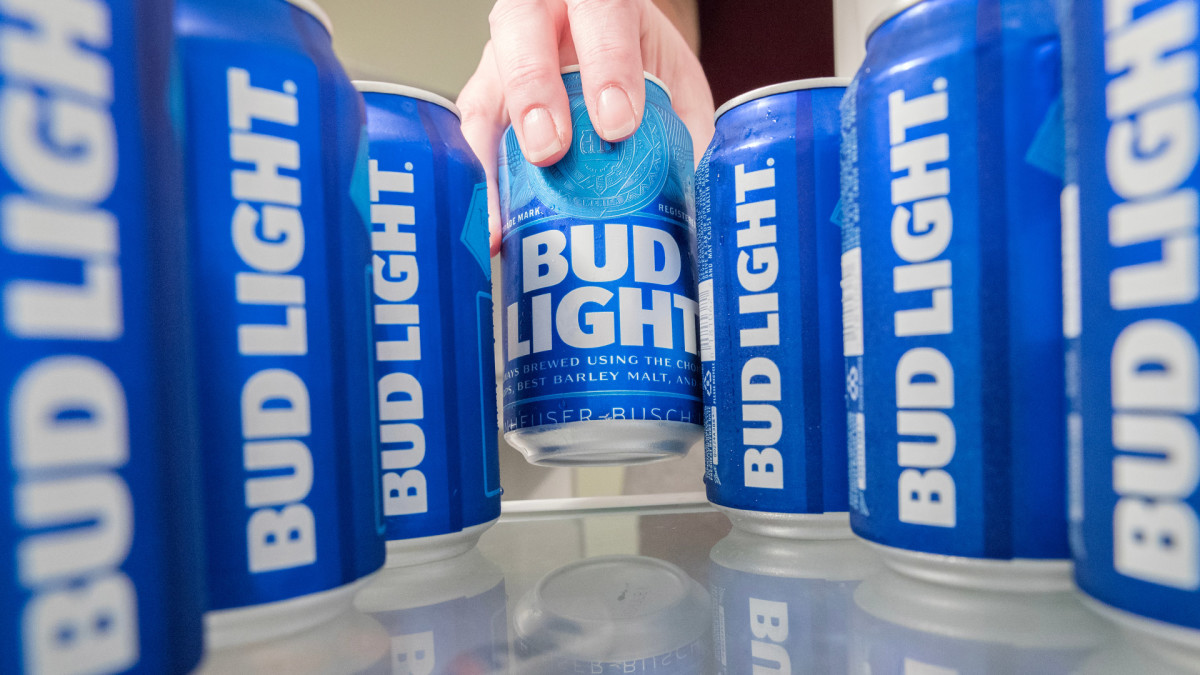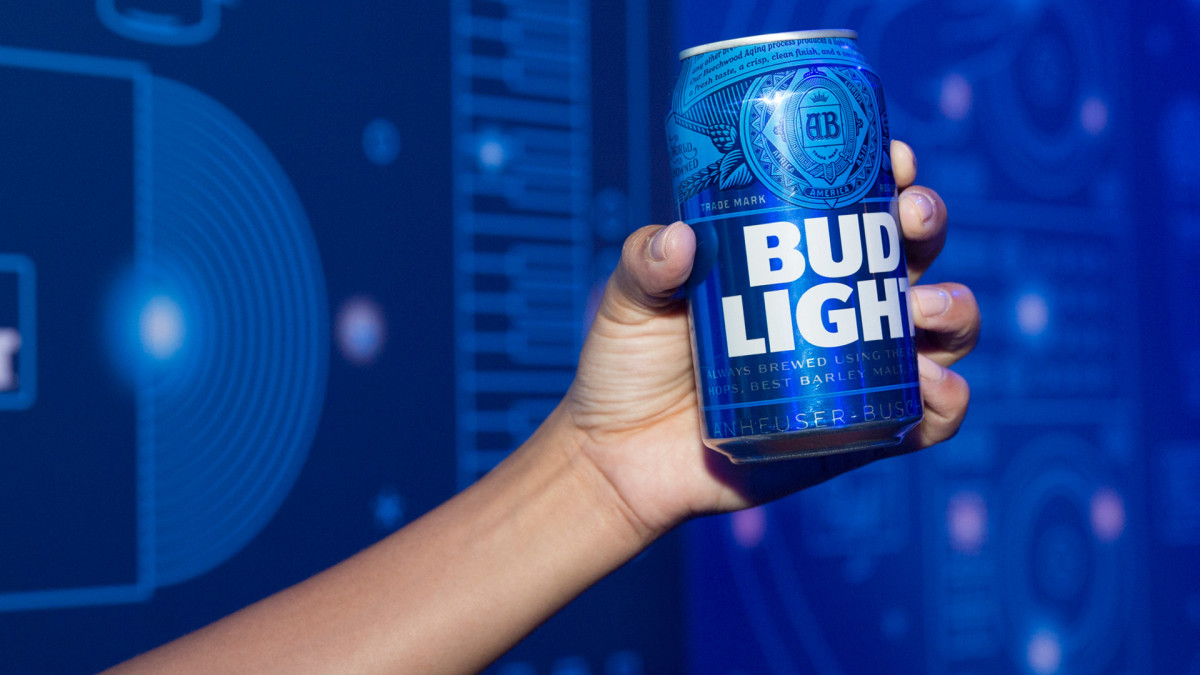
Bud Light's short-lived partnership with Dylan Mulvaney did not go well.
When the beer brand began working with the transgender social media influencer, it was a low-key effort to expand Bud Light's reach into the LGBTQ+ community. It wasn't a massive partnership with TV commercials; it was a traditional influencer deal where the star shares the product on social media.
Bud Light sent Mulvaney cans of its famed beer with her face on them to celebrate her first year living as a woman. The beer brand did not sell those cans or do anything to promote Mulvaney.
Related: Costco makes a big change (and shares a pricing secret)
All that happened was Mulvaney talked about Bud Light on her social media feeds and showed off the cans to her followers.
It was a tiny promotion that led to one of the most successful boycotts of all time.
You can largely blame (or thank) Kid Rock for bringing attention to Bud Light's partnership with Mulvaney. The singer, who has deep ties to former President Donald Trump and right-wing politics, shared a video on social media of himself shooting up cases of Bud Light.
That seemed like a pretty lame stunt, but it led Rock's fans and right-leaning beer drinkers to boycott Bud Light. Usually, boycotts are not effective because the products are somewhat irreplaceable.
Left-leaning people, for example, may not like the stands Chick-fil-A's owners have taken on LGBTQ+ issues, but they set that aside for a really good chicken sandwich. Bud Light, however, is not very different from any other light beer, and the boycott cost it about 26% of its sales on a long-term basis.
Mulvaney says, however, that she — working with Anheuser Busch InBev — could have solved the problem and brought people together.

Image source: Anheuser Busch
Mulvaney proposed a bold Bud Light idea
Mulvaney has been critical of Anheuser Busch InBev for not supporting her once the boycott happened. That's a fair criticism: The beer brand did nothing to stand up for her or its association with her.
She has not, however, had anything to say about the brand after an initial flurry of comments. That made it surprising that she recently addressed the brand.
As a social media influencer, Mulvaney has proved that she can reach an audience. She is not, however, a marketing expert, which becomes clear when you see the idea she proposed at a South by Southwest panel.
“I think humor can be very healing, and I think it can appeal to both sides,” Mulvaney said during a panel titled “When Beer Goes Viral” at South by Southwest.
"Mulvaney revealed that she pitched a 'Western commercial' to Bud Light where a cowboy and a trans person share a beer — but the company "didn’t reach out," the New York Post reported.
She also called for Anheuser Busch InBev, and companies in general, to stand up against bullying.
“I think of [Bud Light] kind of like a parent, where the parent doesn’t put a stop to something, then the bullying can continue,” Mulvaney said during the discussion.
Bud Light has not recovered
Anheuser Busch InBev sales have been dragged down by Bud Light, a point Chief Executive Michel Doukeris discussed on the company's fourth-quarter-earnings call.
"Our revenues declined by 9.5% this year with volumes down by 12.7%, primarily due to the volume decline of Bud Light," he said. "Our market share continued to improve gradually from May through the most recent weeks in February. In 2023, our market share was 38.3%. 2023 was a challenging year for our business in the U.S."
The company has chosen to address the Bud Light issue by returning the brand to its traditional marketing messages.
"We expanded our longstanding partnership with Folds of Honor, including bringing the NFL and Bud Light together to also support first responders," the executive said.
"We continue to invest in our megabrands and megaplatforms, such as sports and music, that all consumers love including the NFL, NBA, Lollapalooza, as well as new investments with the VMAs, UFC, Copa America and Team USA for the Olympic and Paralympic Games," he explained.
Bud Light also became UFC's largest sponsor, a move that led to both Kid Rock and Donald Trump "forgiving" the brand for partnering with Mulvaney.







